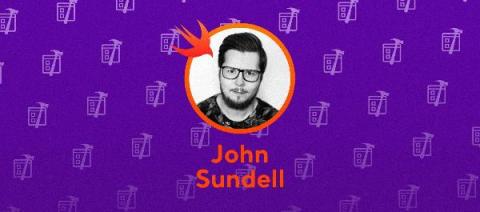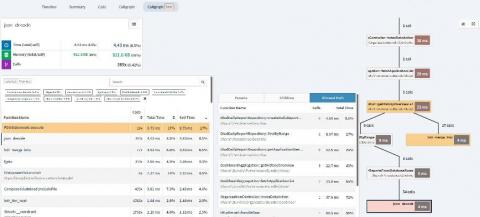Systems | Development | Analytics | API | Testing
Development
How to use Test Reports add-on for mobile apps
Ruby Garbage Collection: More Exciting than it Sounds
Running software uses computer memory for data structures and executable operations. How this memory is accessed and managed depends on the operating system and the programming language. Many modern programming languages manage memory for you, and Ruby is no different. Ruby manages memory usage using a garbage collector (also called gc). In this post, we’ll examine what you, a Ruby developer, need to know about Ruby’s gc. Use the links below to skip ahead in the tutorial.
Jenkins and Kubernetes: The Perfect Pair
As the world is adapting to new and unforeseen circumstances, many of the traditional ways of doing things are no longer. One significant effect of this is that the world has gone almost completely virtual. Whether it’s Zoom happy hours and family catch ups or virtual conferences, what used to be in-person has digitized.
Avoiding Memory Leaks in NodeJS: Best Practices for Performance
Memory leaks are something every developer has to eventually face. They are common in most languages, even if the language automatically manages memory for you. Memory leaks can result in problems such as application slowdowns, crashes, high latency, and so on. In this blog post, we will look at what memory leaks are and how you can avoid them in your NodeJS application. Though this is more focused on NodeJS, it should generally apply to JavaScript and TypeScript as well.
Help Us, Help You - Announcing Our COVID-19 Impact Survey
Today, we're kicking off a study on the impact of COVID-19 on mobile development, -developers and the companies that employ them. Participate in the survey here, and we'll share our findings with you in a few weeks. Read on to find out exactly what we're planning.
Deep Dive: Fan out Builds for faster performance and stability on Bitrise
Making Xcode UI tests faster and more stable
UI testing can be an incredibly useful tool for verifying that an app’s key features and user interactions remain fully functional while quickly iterating on its code base.
Spring Release: Tracepoints, Callgraphs, Slow SQL Log and Deprecations
We are releasing a new stable minor version of the Tideways PHP extension 5.1 today, which will include a few new features that we have been writing about before and a few new ones that we have cooked up in the last few weeks.
Community Roundup: April
Welcome back to another one of our Community Roundups, folks. This time is a little different, since we’re doing one for April altogether — but on the flip-side, we've got quite a number of articles for you. Let’s get started!











